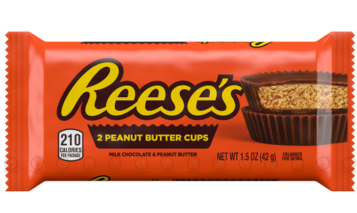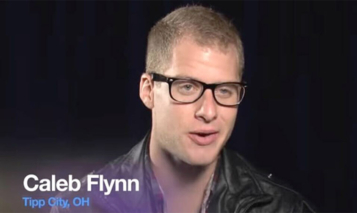
For 24 years, the metro PCS store at the corner of 7th Street and Florida Avenue in Washington D.C.’s Shaw neighborhood has played go-go music through outdoor speakers with no complaints.
But the area has slowly gentrified with wealthy investors pricing the low-income residents out of their homes. Now the area is an upscale neighborhood of high income hipsters, corporate executives and soccer moms.
In April, metro PCS’s parent company T-Mobile sent a memo to the store ordering them to shut off the outdoor speakers after someone moved into a new luxury apartment building across the street and threatened to sue.
The hashtag #DontMuteDC soon popped up on Twitter.com, and more than 50,000 people signed a petition asking T-Mobile to turn the music back on.
D.C. councilwoman Brianne Badeau sent a letter to T-Mobile explaining the history of go-go music and encouraging the company to change its decision.
“Go-go is a blend of funk, hip-hop, Latin, and other genres that emerged in the ’60s and ’70s. It is a unique product of D.C. and its black residents,” she wrote. “This corner is often where many hear go-go for the first time. The music that has played there since at least 1995 – and the CDs sold next door – have kept this cultural spirit alive.”
Since last month, thousands of protesters have assembled at the corner of 7th and Florida Avenues to protest the decision until the music is turned back on.
The rallies include go-go music with live bands and a DJ spinning popular go-go hits by Wale (“Pretty Girls”) and E.U. (“Da Butt”).
Councilman Robert White and other D.C activists hope to reach a compromise with T-Mobile.
“When you move to a neighborhood, you’ve got to appreciate the culture of that neighborhood, the sound of that neighborhood. It is not OK to jump into a neighborhood and then seek to change it,” said White.
https://www.youtube.com/watch?v=FShE0VifCYs





